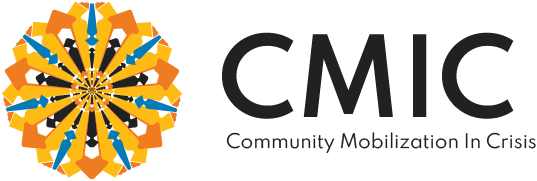QUI SOMMES-NOUS?
La MCSC a commencé en réponse à la guerre en Syrie et à la mise en péril conséquente de l’éducation post-secondaire pour des millions de personnes réfugiées et déplacées à l’intérieur du pays. En 2014, le président de l’Université d’Ottawa, Allan Rock, a réuni des chercheur∙es de l’université pour identifier et développer un programme d’apprentissage à distance pour les réfugié∙es syrien∙nes. La MCSC est ensuite devenue un projet transnational qui vise non seulement à soutenir l’accès à l’enseignement post-secondaire pour les communautés d’accueil libanaises et les réfugié∙es syrien∙nes, palestinien∙nes et autres, mais aussi à soutenir la mobilisation communautaire à une échelle beaucoup plus large.
De nombreuses-x membres de l’équipe de la MCSC ont vécu des crises et ont été des mobilisatrices et des mobilisateurs dans leur propre communauté. Nos plus grandes contributions demeurent celles provenant du précieux travail des jeunes chercheur∙es, mobilisatrices et mobilisateurs, dont le temps, les connaissances et l’énergie sont le moteur de notre travail.
La MCSC est membre du Connected Learning in Crisis Consortium, cofondé par le Haut Commissariat des Nations Unies pour les réfugiés afin de promouvoir et de soutenir l’offre d’un enseignement supérieur de qualité dans les contextes de crise.
Partenaires universitaires
University of Ottawa (Canada)
Université Saint-Joseph de Beyrouth (Liban)
Université Saint-Paul (Canada)
American University of Beirut (Liban)
University College London (Royaume-Uni)
Universidade de Brasilia (Brazil)
Université Unisinos (Brazil)
Organizational Partners
Lebanese Association for Scientific Research (Liban)
Dalia Association (Palestine)
Youth Speak (Région du Kurdistan d’Irak)
Co-Directrices
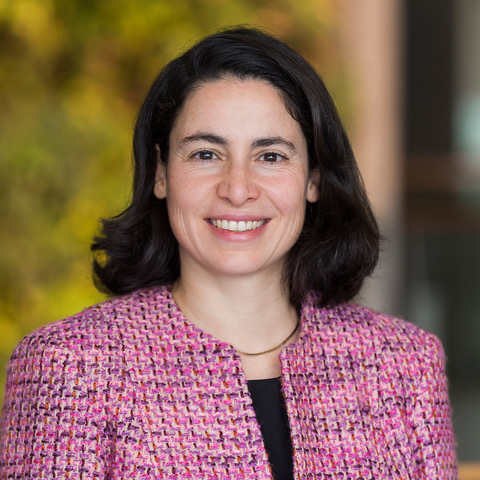
Nadia Abu-Zahra
Nadia Abu-Zahra holds the Joint Chair in Women’s Studies at the University of Ottawa and Carleton University, and works with students, staff and faculty as well as local and transnational organizations toward transforming the structures and contexts of learning. Previously based at the University of Oxford’s Refugee Studies Centre, Nadia is a member of the University of Ottawa’s Human Rights Research and Education Centre, Centre for Research on Educational and Community Services, and Centre for International Policy Studies, and served on the Board and Reconciliation Committee of the Canadian Federation for the Humanities and Social Sciences.
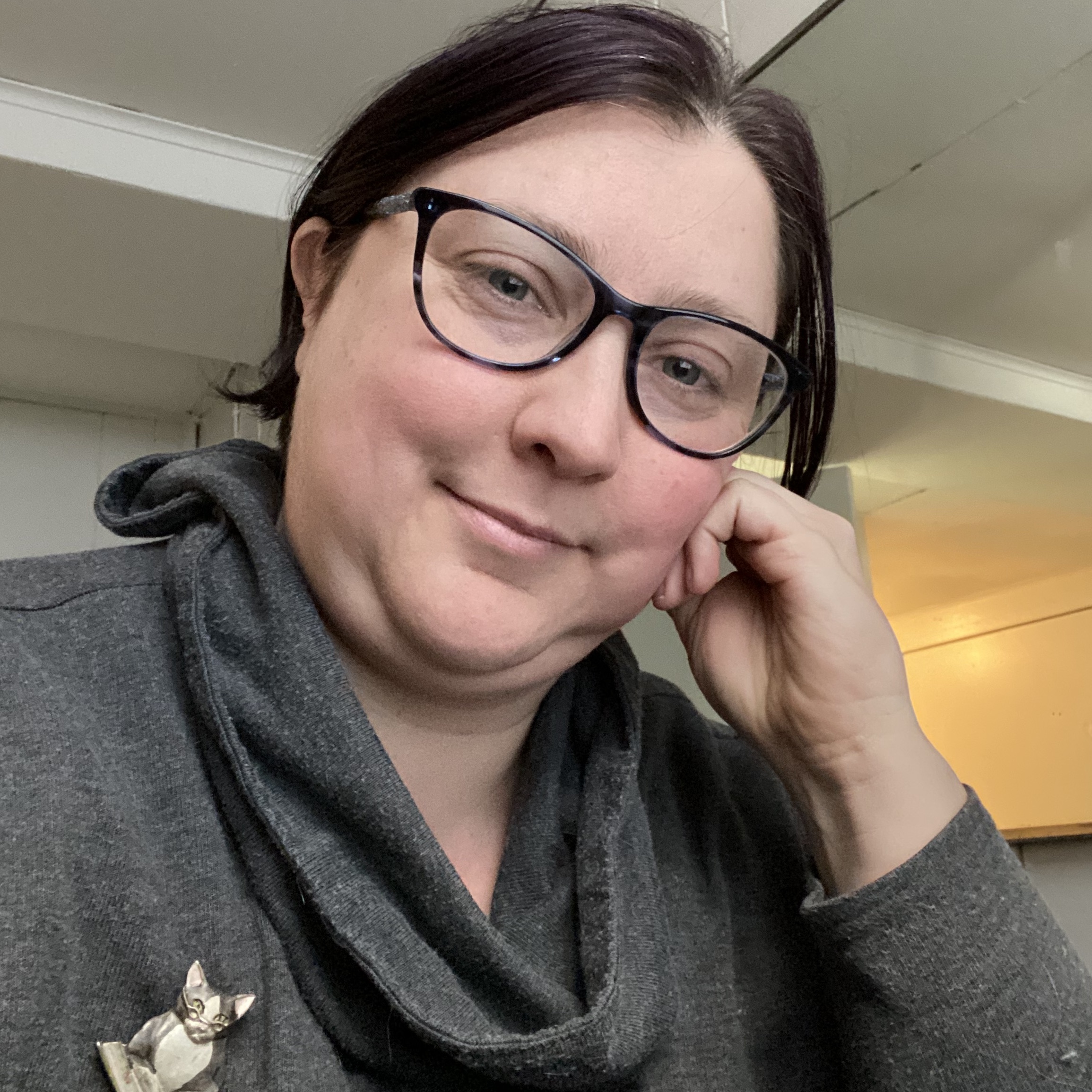
Emily Regan Wills
Emily Regan Wills est Professeure adjoint an associate professor of comparative politics at the University of Ottawa. Her current research focuses on the effects of transnational linkages between Middle East and North America on everyday politics in the Arab world, with a particular focus on Palestinian transnationalisms. She is a teacher of research methods, social movements, and social change, and integrates a decolonial approach to political science throughout her teaching. Beyond CMIC, she is active in the Women’s Caucus of the Canadian Political Science Association, as a board member for the journal Studies in Political Economy: A Socialist Review, and in LGBTQ refugee resettlement in Ottawa.
Current Team

Judy El Mohtadi
Judy El-Mohtadi is a local organizer from Lebanon with an Honors Bachelors in Criminology and Feminist and Gender Studies. Judy started organizing through her role as the co-founder of the Feminist and Gender Studies Students’ Association and as the Coordinator of the Womxn’s Resource Centre at the University of Ottawa where she spearheaded a number of initiatives, notably putting on Ottawa’s first TEDxWomen event. Her activism on anti-racism began when she was elected as the Equity Commissioner with the University of Ottawa Students’ Union and continued into her role as a Board member for the Ontario Public Interest Research Group and a Research Fellow with the Joint Chair in Women’s Studies. As a Project Manager with CMIC, Judy is interested in further reimagining structures of learning by working to normalize a more social justice-oriented, accessible and decolonial form of education and moving away from the hegemonic Western knowledge production cycle.

Diana El Richani
Diana El Richani is a Beiruti anthropologist based in Toronto. She holds a BA in Sociology and Anthropology, with a double major in Philosophy, from the American University of Beirut, and an MA in Anthropology from the University of Ottawa. Her MA thesis focused on the political imaginaries of the alternative and the ways through which they navigated the complex political terrain during the Beirut municipality elections in 2016. She is currently a PhD student in Anthropology at the University of Toronto. From 2017-2020, she was the Project Manager of CMIC. Her interests include social movements and community mobilizations in the Middle East, relationships to the state and its apparatuses, and extends to questions on postwar architectures, transitional justice, and ideas of decolonial cultural expressions.
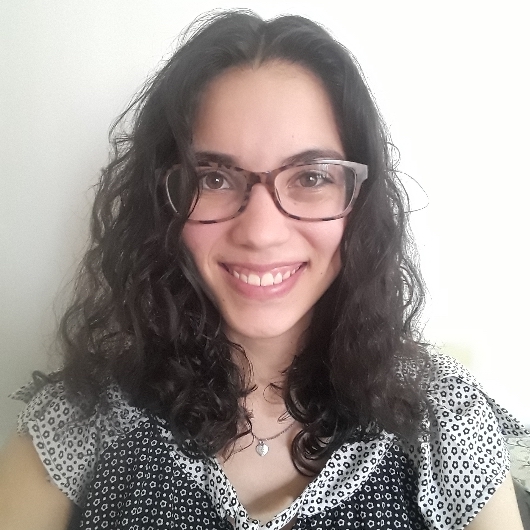
Isadora Branco
Student of the Master’s Degree in International Relations at the University of Montréal (Udem) and of the MBA in Project Management at the University of São Paulo (USP), Isadora Branco has a degree in International Relations from the University of Brasília (UnB). Since the beginning of her training, she works with the sociocultural integration of immigrants, mainly through community mobilization. She was the founder and coordinator of the Coral Solusyon, the founder and coordinator of the Tempo de Plantar Movement’s Structural Committee, and recently served as a Community Mobilization Assistant at a Shelter Center for Venezuelan Refugees in Brasília, Brazil. Isadora was responsible for the evaluation plan of the first CMIC pilot in 2018 and also implemented a version of the Community Mobilization course at the University of Brasília (UnB). As a Research Assistant at CMIC, she is responsible for collecting case studies, conducting interviews and contributing to CMIC’s materials.
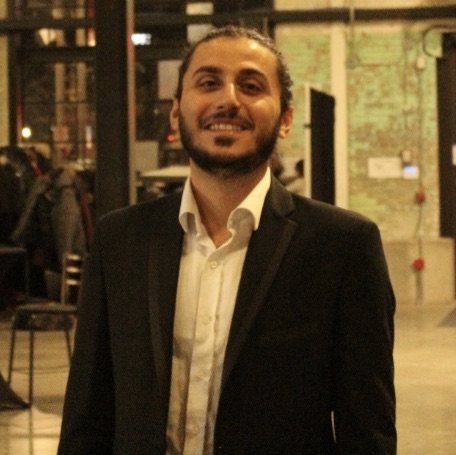
Fajr Alsayed
Fajr Alsayed is a student of Communication and Political Science at the University of Ottawa. He first worked with Dr. Emily Regan Wills as a research assistant on the project “Organizing in Racialized, Indigenous and Refugee Communities in Canada.” Later, he helped translating, editing, and uploading content on the CMIC website. Fajr is currently working as a media analyst with Environment and Climate Change Canada as part of the Co-operative Education program at the University of Ottawa, and he is the co-head of campaigns with Amnesty International UOttawa. Beyond the University of Ottawa, Fajr worked as a translator and social worker with several NGOs in Syria and Germany that support people fleeing crisis zones, including Arabesque For Development in Syria and Refugees Welcome Ilmenau in Germany. He also volunteered at the Erasmus Student Network as a social work coordinator for international exchange students in Germany. He is a journalist, article writer, and advocate for global justice, social protection, and social development causes.
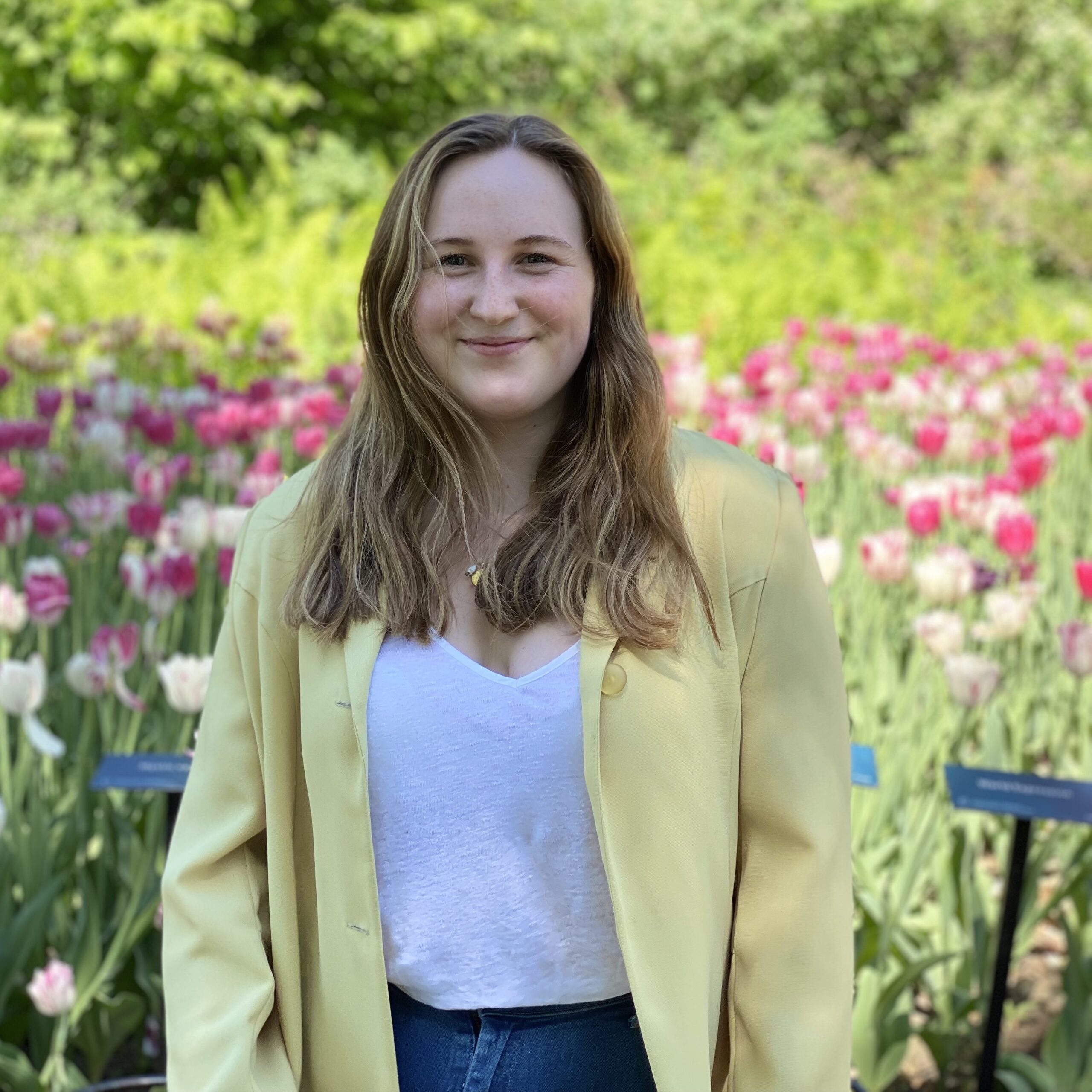
Ursula Johansson Rivero
Ursula Johansson Rivero is a third year student at the University of Ottawa. She is studying International Development and Globalization with a minor in management. Born and raised in Belgium, Ursula has also a Spanish and Swedish nationality which has sparked her interest in international relations and international politics. Her interests also include social movements as well as immigration and refugees issues. She has recently written a critical essay about Europe’s response to the migrant crisis and is looking to start a Master’s Degree in International studies.
Colleagues and Collaborators
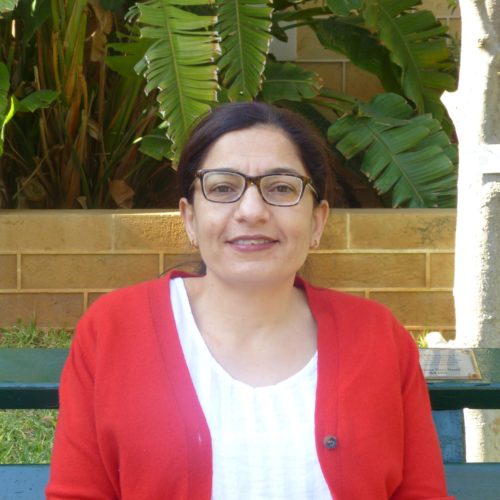
Sawsan Abdulrahim
Dr. Sawsan Abdulrahim is an Associate Professor and Chair in the Department of Health Promotion and Community Health, Faculty of Health Sciences, at the American University of Beirut. She obtained her doctoral degree from the School of Public Health at the University of Michigan, Ann Arbor. Abdulrahim’s research focuses on social inequalities and health, the social and cultural meanings of subjective health evaluations, and the structural conditions that influence the wellbeing of labor migrants and refugees. Her previous work has focused on the social determinants of health of Arab immigrants in the United States and migrant domestic workers in the Arab region. Currently, she is undertaking research on the health of Syrian refugee women in Lebanon, with an emphasis on reproductive health outcomes and early marriage. She teaches courses in health promotion theory, forced migration and health, and global public health.
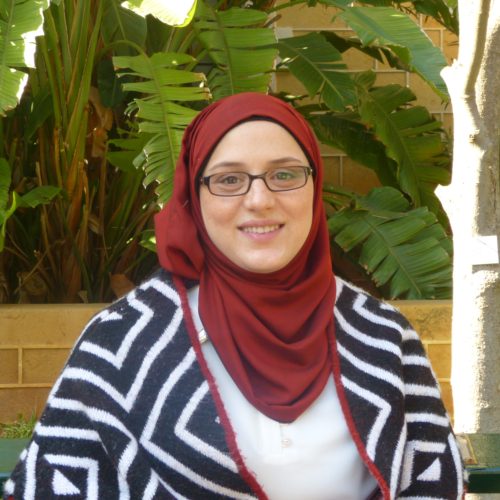
Zahraa Beydoun
Zahraa Beydoun is a Researcher and a Project Coordinator at the Health Promotion and Community Health Department at the Faculty of Health Sciences at the American University of Beirut (AUB) in Lebanon and an instructor of Public Health at Phoenicia University in Lebanon. She is a graduate of the American University of Beirut where she obtained her BSc. in Nutrition and Dietetics and then her MPH in Health Promotion and Community Health. After her graduation Zahraa started working at UNRWA as part of her internship and then joined the American University of Beirut in 2013. In 2015 she joined Phoenicia University as an instructor of Public Health teaching courses in public health and population health for undergraduate students. Her areas of research interests are social inequalities in health and refugees’ health and rights. Her previous work has focused on the social determinants of health of the Lebanese population and refugees in Lebanon. Currently she is performing research on the social determinants of cardiovascular diseases among the Lebanese Population.
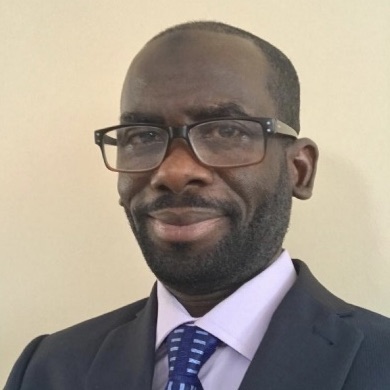
El Hadji Yaya Koné
El Hadji Yaya Koné est professeur adjoint en formation en ligne et pédagogie universitaire (Faculté d’éducation à uOttawa). Dr. Koné explore les enjeux de la pédagogie numérique disciplinaire, en lien avec l’évaluation des apprentissages, la pédagogie inclusive, l’apprentissage collaboratif, la formation à distance (FAD) transfrontalière. Sa recherche est essentiellement qualitative, axée sur la théorie ancrée. Dr Koné a été stagiaire en FAD à la Télé-université du Québec (Téluq), chargé de cours à la Faculté des sciences de l’éducation à l’Université de Montréal, conseiller pédagogique à l’Université du Québec en Abitibi-Témiscamingue (UQAT) et professeur à l’unité d’enseignement et de recherche en éducation de la même université, où il a développé et dirigé le microprogramme de 2e cycle en pédagogie de l’enseignement postsecondaire.
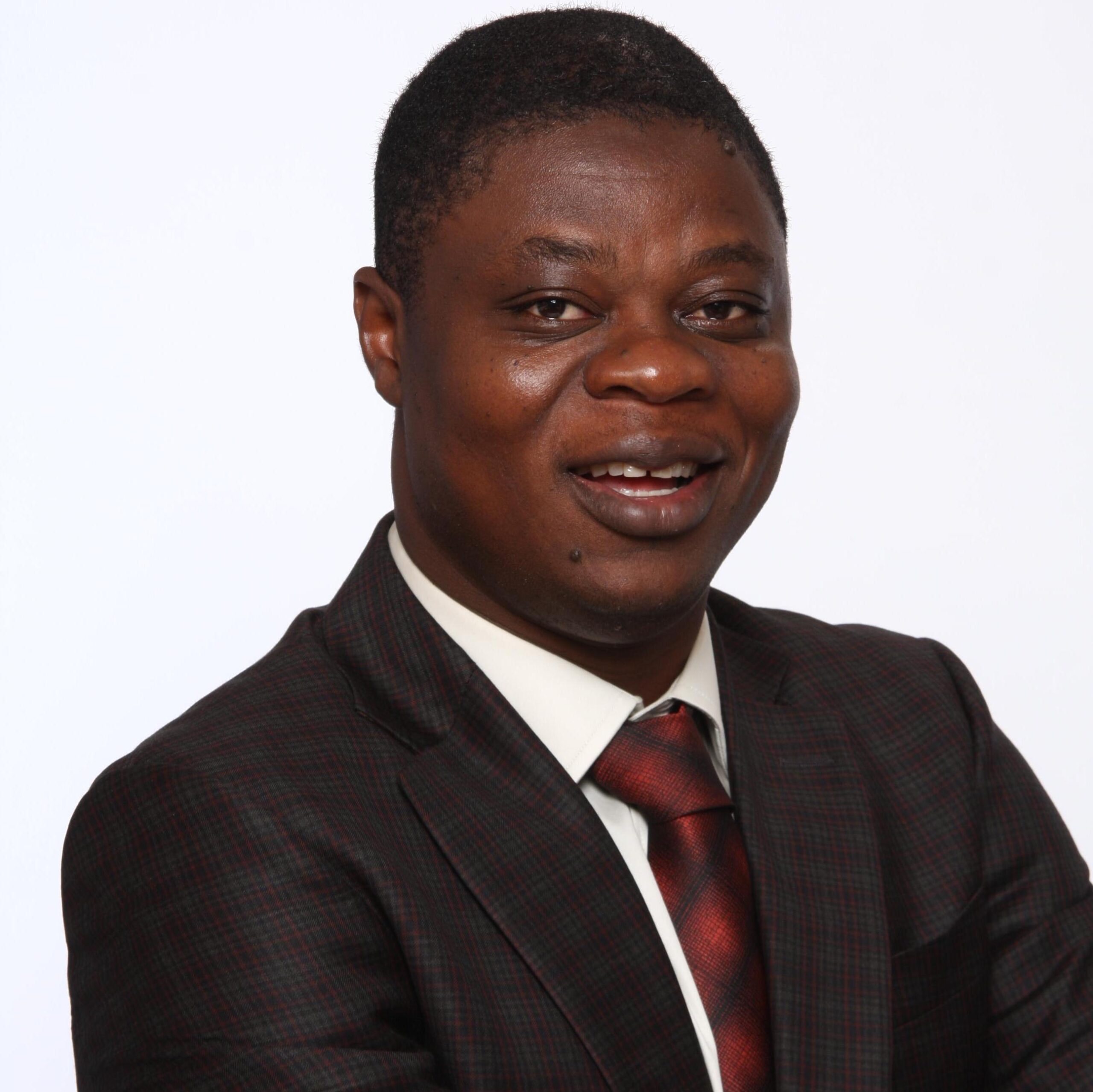
Lavagnon Ika
Lavagnon Ika est professeur titulaire de gestion de projet, directeur fondateur de l’Observatoire des grands projets, chargé du dossier des partenariats avec les universités africaines et ex-directeur du programme MSc en gestion à l’École de gestion Telfer de l’Université d’Ottawa. Ces 20 dernières années, il a enseigné la gestion de projet en français et en anglais au bachelor, à la MSc, au MBA/EMBA voire au doctorat (PhD), tant au Canada, en Australie, en Europe, en Afrique qu’au Moyen-Orient. Dans le cadre de ses recherches, le professeur Ika examine différents types de projets et s’intéresse particulièrement aux raisons pour lesquelles les projets tendent à s’écarter de leurs plans et connaissent ainsi des dépassements de coûts et des manques à gagner en matière de retombées. Le professeur Ika est rédacteur en chef adjoint de la prestigieuse revue International Journal of Project Management et membre des conseils académiques des associations internationales de gestion de projet reconnues, le Project Management Institute (PMI) basé aux États-Unis et l’International Project Management Association (IPMA) en Europe. Il a reçu de nombreuses distinctions très convoitées, dont le prix du chercheur de l’année 2017 de l’IPMA.
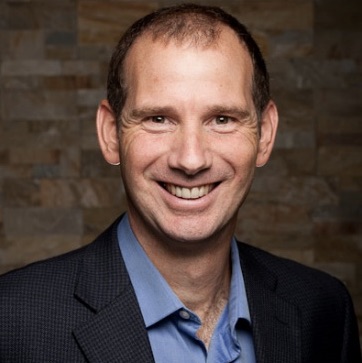
Peter Milley
Peter Milley est professeur agrégé à la Faculté d’éducation et directeur du Centre de recherche sur les services éducatifs et communautaires (CRSEC) de l’Université d’Ottawa. Peter enseigne et mène des recherches sur des sujets liés au leadership, à l’administration, aux politiques et à l’évaluation en éducation. Ses recherches récentes, financées par le Conseil de recherches en sciences humaines, ont porté sur le leadership de l’innovation sociale dans les universités canadiennes. Peter étudie également les méthodes inclusives et participatives pour mener des activités d’évaluation dans des contextes d’innovation sociale et de développement international. Avant de se joindre à l’Université, Peter a été conseiller principal dans la fonction publique fédérale canadienne sur une variété de réformes administratives à l’échelle de la fonction publique et de projets de développement international ciblant les réformes de la gouvernance.
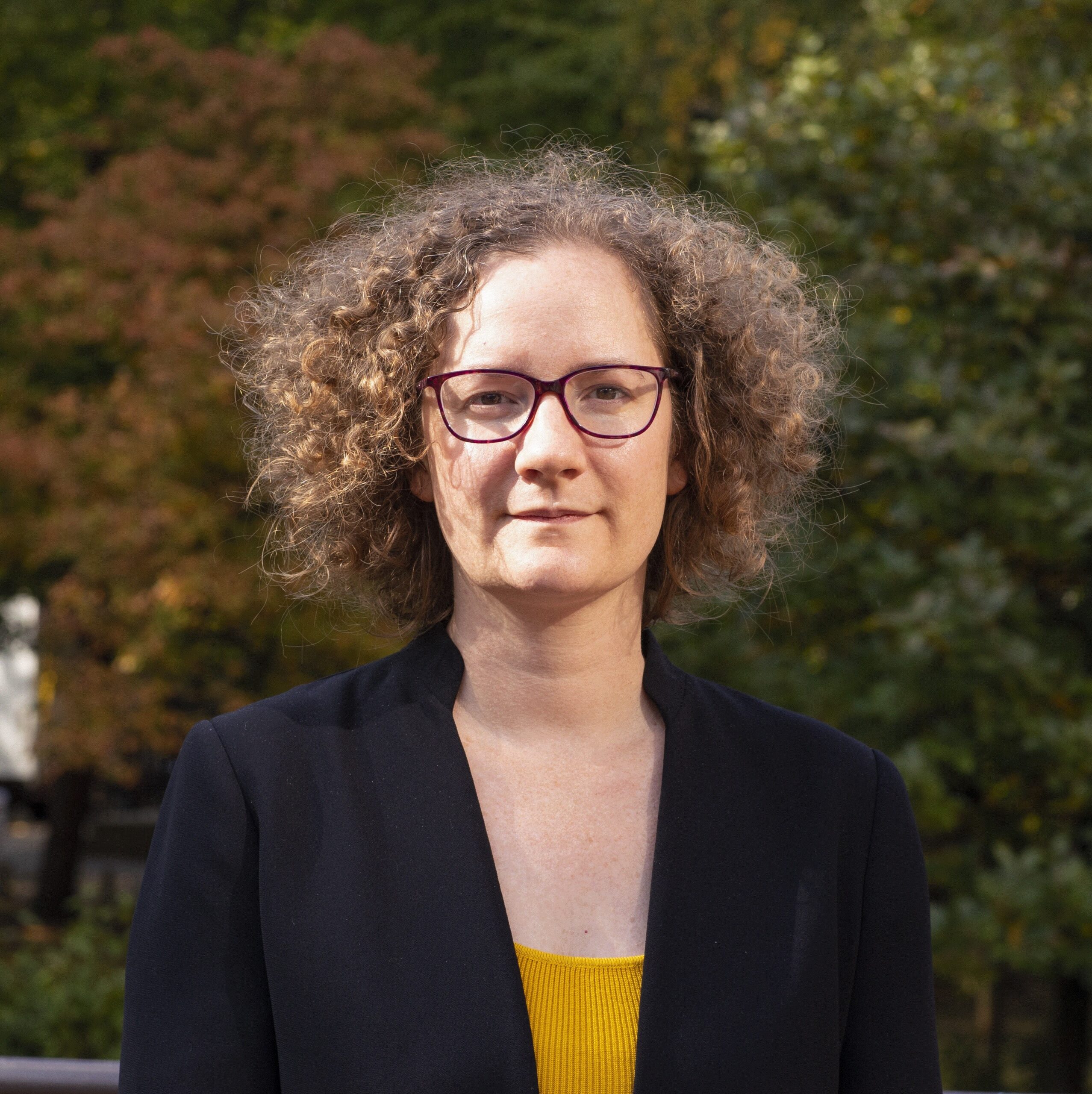
Elena Fiddian-Qasmiyeh
Elena Fiddian-Qasmiyeh is Professor of Migration and Refugee Studies at University College London (UCL) where she is Co-Director of UCL’s Migration Research Unit, and is the Founder and Director of the Institute of Advanced Studies Refuge in a Moving World research network across UCL. Drawing on critical theoretical approaches, her research focuses on local and Southern-led responses to conflict-induced displacement, with a particular focus on the Middle East and the Caribbean (see www.refugeehosts.org and www.southernresponses.org). As part of this research, she is particularly interested in better understanding refugee-led responses to displacement, and the roles that members of local faith communities across the global South play in promoting the rights of people who have been displaced. Elena’s recent publications include The Ideal Refugees: Gender, Islam and the Sahrawi Politics of Survival (Syracuse University Press, 2014), South-South Educational Migration, Humanitarianism and Development: Views from the Caribbean, North Africa and the Middle East, (Routledge, 2015), Refuge in a Moving World: Refugee and migrant journeys across disciplines (editor, UCL Press, 2020, Open Access), and ‘Recentering the South in Studies of Migration‘ (the introduction to the special issue of Migration and Society of the same title, Open Access).
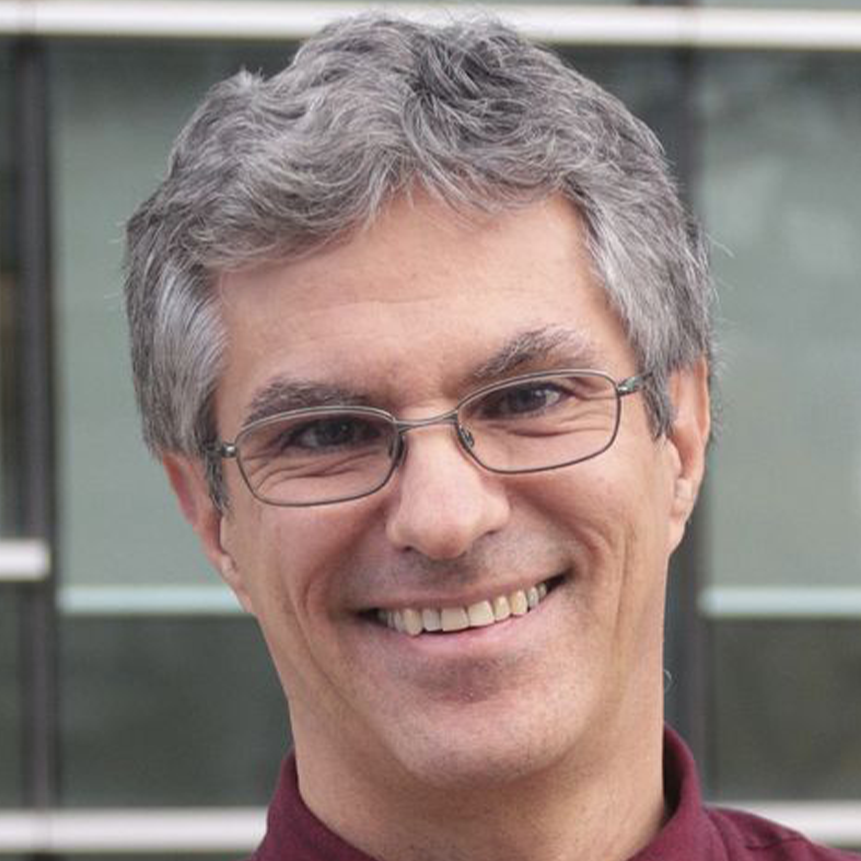
André Vellino
André Vellino est professeur associé à l’École des sciences de l’information de l’Université d’Ottawa. Il a plus de vingt-six ans d’expérience dans le domaine de la technologie informatique pour la représentation et le raisonnement de l’information. Avant d’être nommé à son poste universitaire en 2012, il a passé six ans à la Bibliothèque nationale des sciences du Canada du CNRC (anciennement l’Institut canadien de l’information scientifique et technique – ICIST) à travailler à l’avancement des technologies des systèmes de recommandation dans le contexte d’une bibliothèque numérique. Dans le secteur privé, il a notamment conçu et développé un logiciel de traitement du langage naturel pour l’analyse des courriels (pour Entrust) et développé un logiciel de programmation de logique des contraintes (pour Nortel Networks). André est également nommé transversalement au département d’informatique, affilié à la faculté de l’Institute for Science, Society and Policy et membre fondateur de l’Academie pour la pleine conscience et les études contemplatives de l’Université d’Ottawa.
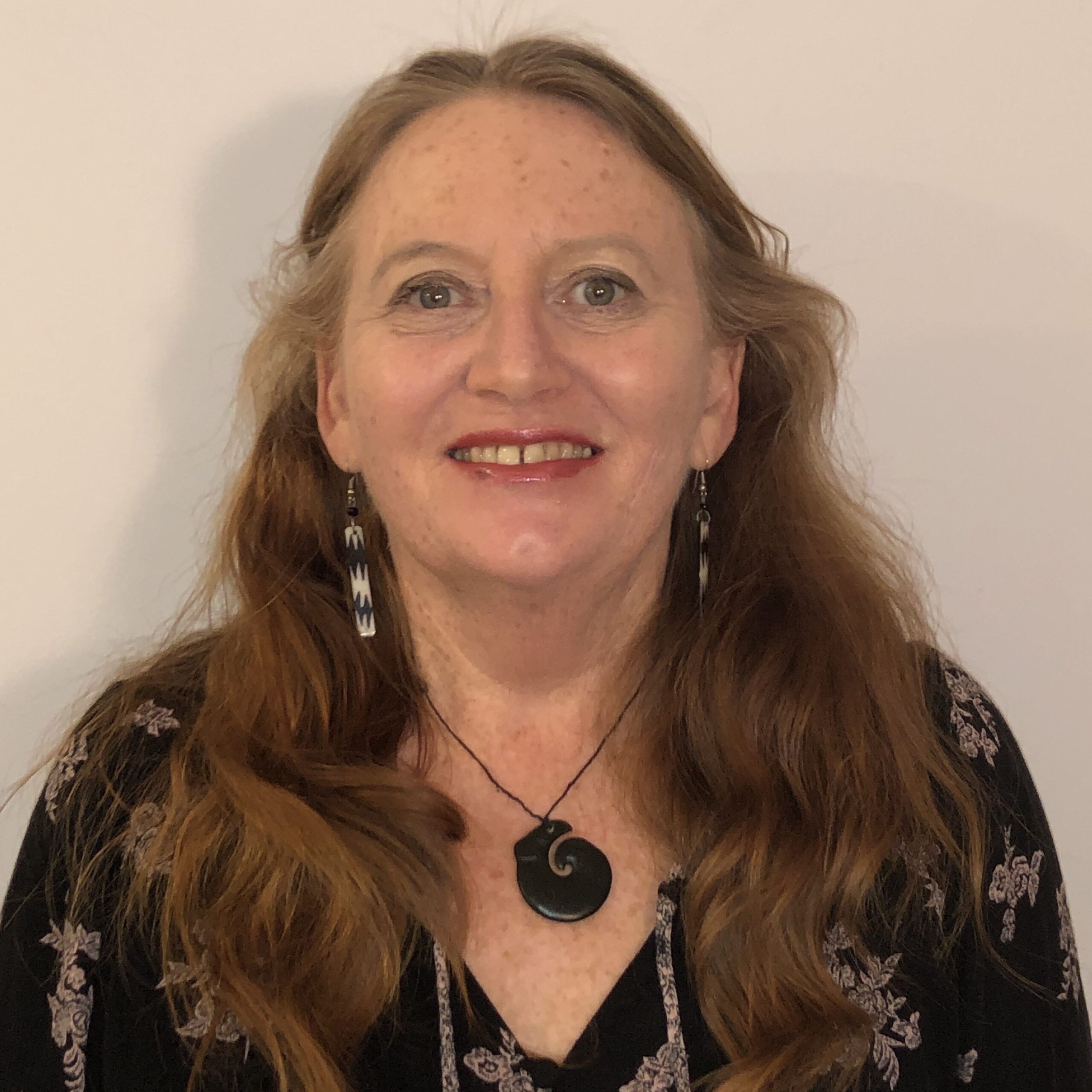
Ruth G. Kane
Ruth Kane is Director of Graduate Studies (Anglophone) within the Faculty of Education. Her research focuses on the preparation of teachers for urban schools and equity in teaching and teacher education in Canada and internationally. She leads annual international practicums to Uganda through which Canadian teachers engage in teaching within a very different context. Ruth is co-Director of the Réseau de Savoir sur l’Équité| Equity Knowledge Network , an Ontario-wide bilingual Knowledge Network and principal investigator in a five-year SSHRC-funded study, of how school boards, teachers, and students take up citizenship within urban schools that serve youth from indigenous and first-generation refugee and immigrant communities. She is currently co-lead in a 3-year ArcticNet-funded study of sustainable inuit-centered teacher education for Inuit Nunangat, a collaborative project bringing together researchers from five universities (uOttawa, UPEI, Memorial, Winnipeg, Queens) and the four Inuit Nunangat jurisdictions. Ruth has also recently launched a collaborative study of graduate supervision and the well-being of graduate students with colleagues internationally.

Ruby Dagher
Ruby Dagher est professeure remplaçante à l’École de développement international et mondialisation de l’Université d’Ottawa, chercheuse et consultante. Elle est titulaire d’un doctorat en politique publique et administration avec des recherches axées sur les questions liées aux biais, à la diversité et au racisme, à l’égalité des sexes, aux conflits, aux études de développement et à l’évaluation. Elle a auparavant travaillé pour la Banque de Montréal, la Banque TD et l’Agence canadienne de développement international, maintenant Affaires mondiales Canada – Développement. Ruby a également été consultante pour la Banque de développement des Caraïbes, l’Université d’Asie centrale, l’Institut canadien du service extérieur et l’Association des professeurs à temps partiel de l’Université d’Ottawa.
